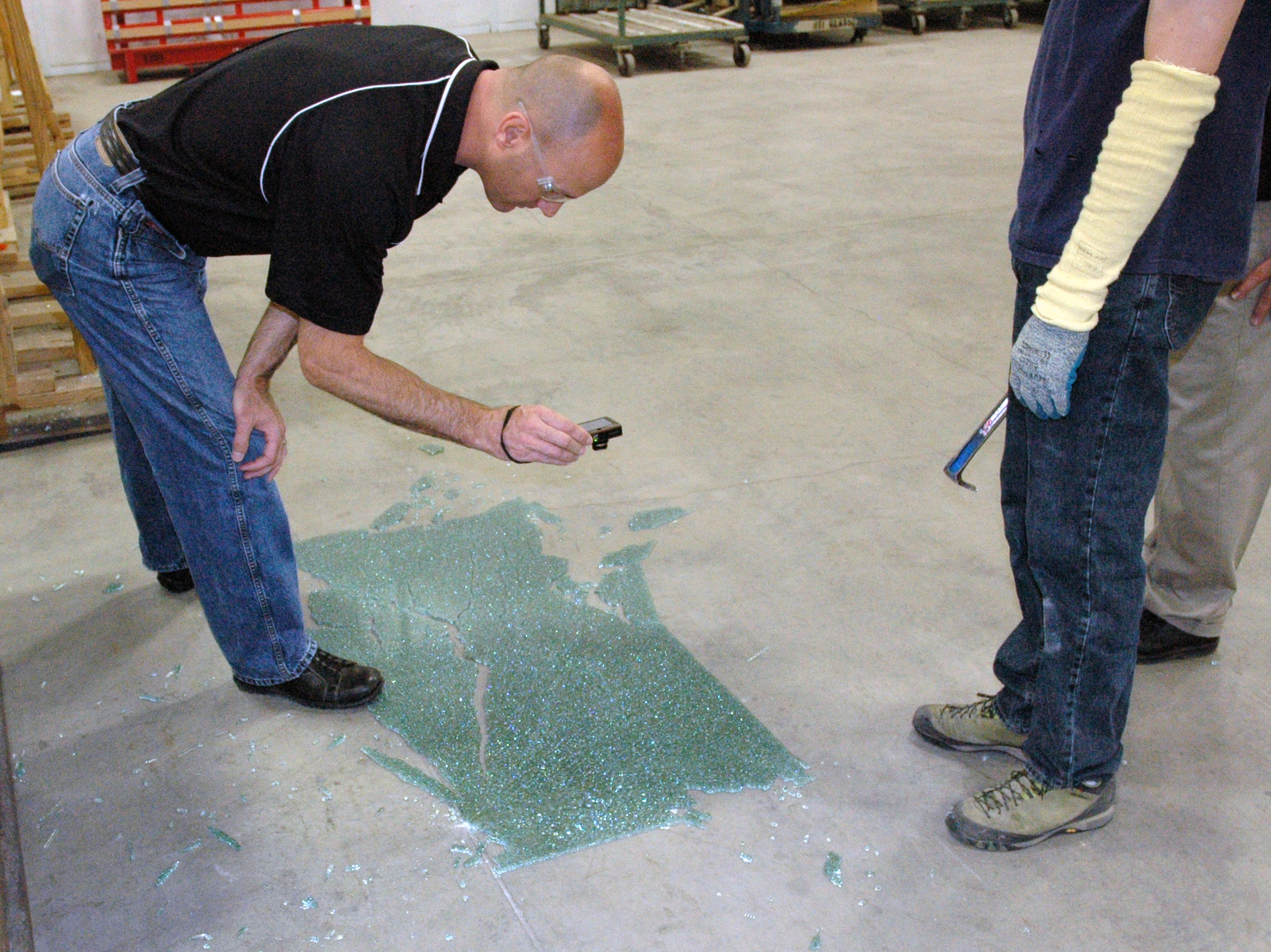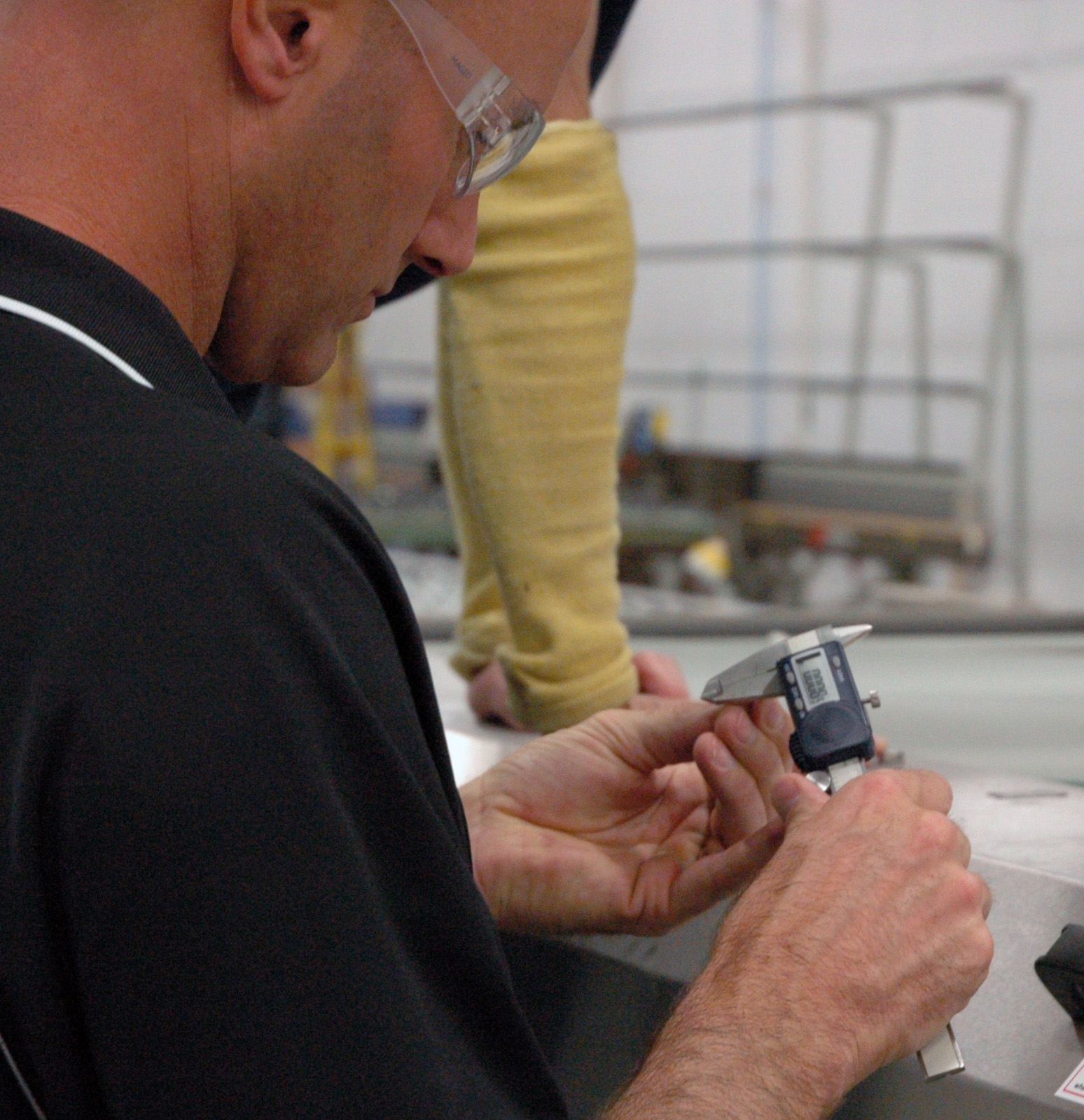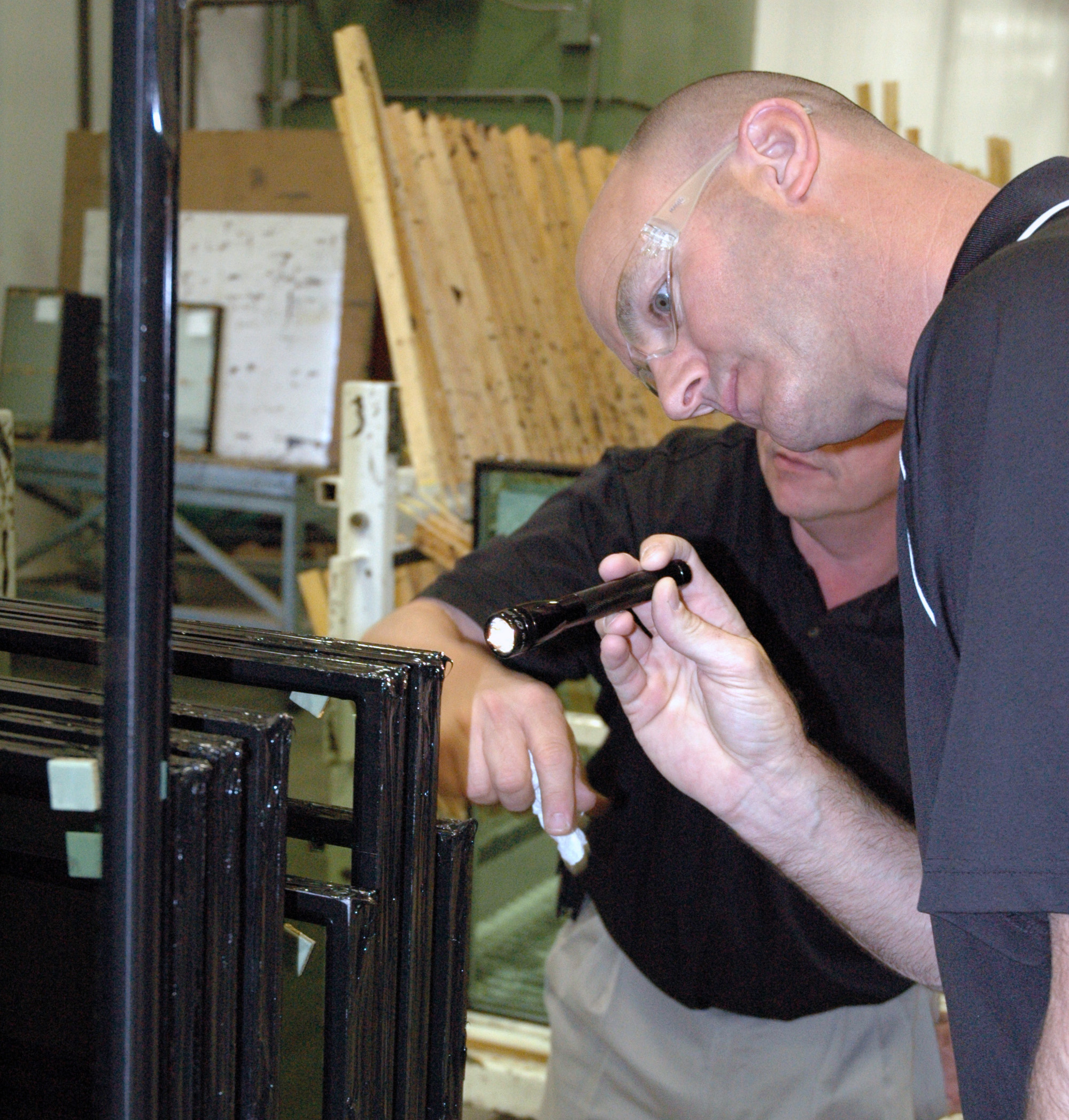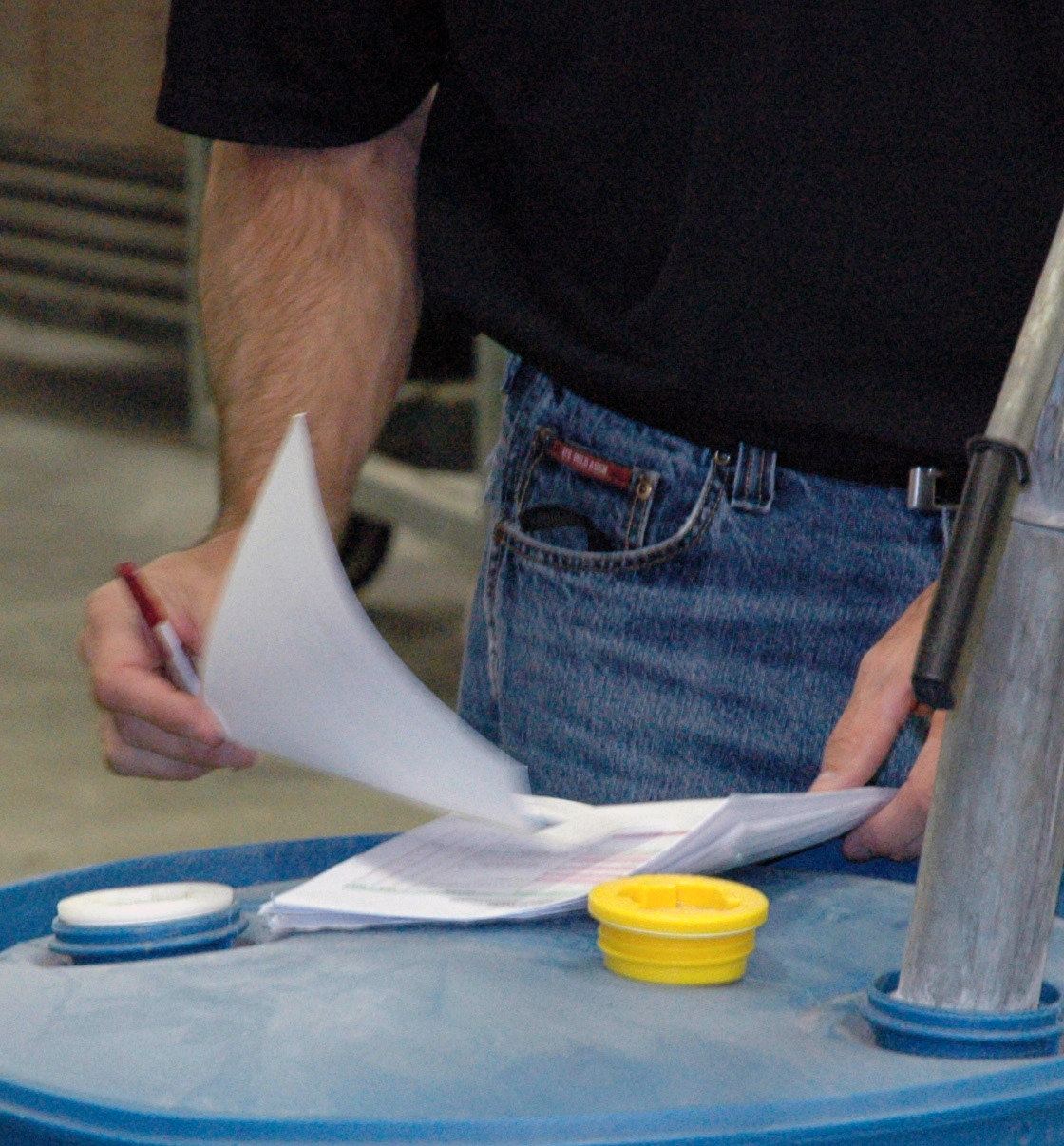|
PPG CERTIFIED FABRICATORS
ITI Glass passed the 2012 PPG Industries Certified Fabricator Program Audit in September, renewing its membership in the program another year.
PPG requires its fabricators to pass an annual audit that addresses all aspects of glass fabrication. ITI Glass has been a CFP member since 2006.
The Certified Fabricator Program is a collection of glass fabricators that commit to meeting production standards established by PPG. Each CFP works hard to deliver quality fabricated PPG architectural glass for a fair price, faster than the competition.
"PPG has such a strong brand value," said David Wickham, ITI Glass General Manager. "Having a tie to PPG through the CFP program gives us access to supply our customers with great PPG products."
CONTINUE READING
Learn more about PPG CFP
|
|
CFP Audit Gallery
PPG Industries uses an annual audit to assess its Certified Fabricator Program members. The photos in this gallery were taken during ITI Glass' annual CFP audit in 2009.
|
 | |
An auditor examines a broken lite of tempered glass and takes a picture to document its breakage pattern.

An instrument is used to measures the width of a bristle from a washer on ITI Glass' tempering line. Bristles that are too course may damage some low-e coatings.
 Inspecting the quality of a sealed edge of an insulating glass unit.
 An auditor works through the CFP checklist. CFP audits are comprehensive and assess all aspects of glass fabrication. |
|
|
|
CFP Training
To get optimal quality from many glass fabrication processes requires technical knowledge and skill. PPG Industries regularly trains Certified Fabricator Program members on the best practices for cutting, tempering, insulating and processing coated glass products.
"It's one thing to invest in good equipment, and we've done that," said David Wickham, ITI Glass General Manager. "But at the end of the day, what we really bank on are great employees doing great work. That's the value of training through PPG."
|
|
Fabricating Soft Coat Low-e
PPG Industries designed the Certified Fabricator Program in part to establish quality standards for processing its SOLARBAN soft coat low-e glazings.
Soft coat low-e glass has become increasingly popular because of its ability to selectively transmit visible light while reducing infrared and ultraviolet energy. However, because of the delicate nature of its coating, fabricators use specialized equipment and handling techniques to process the product.
Float glass manufacturers make soft coat low-e glass using a process called magnetron sputter vacuum deposition (MSVD). In the process, a delicate, microscopically thin layer of metal is applied to the glass, often only two or three layers thick.
Many soft coat low-e glazings will scratch if improperly handled or processed by equipment that is in poor shape. Damaged coatings can diminish optical quality and performance. For fabricators, quality control procedures have become even more important when processing soft coat products.
|